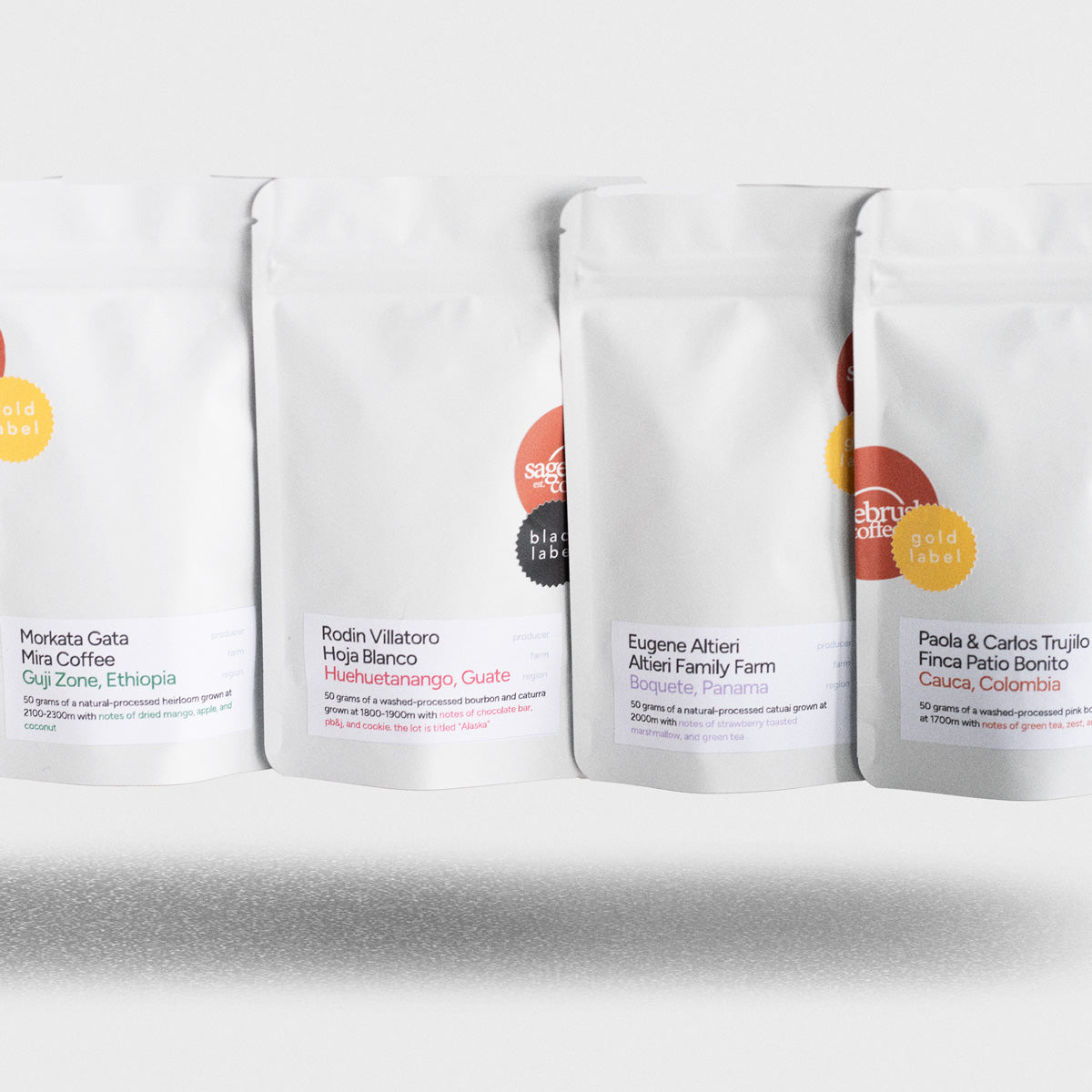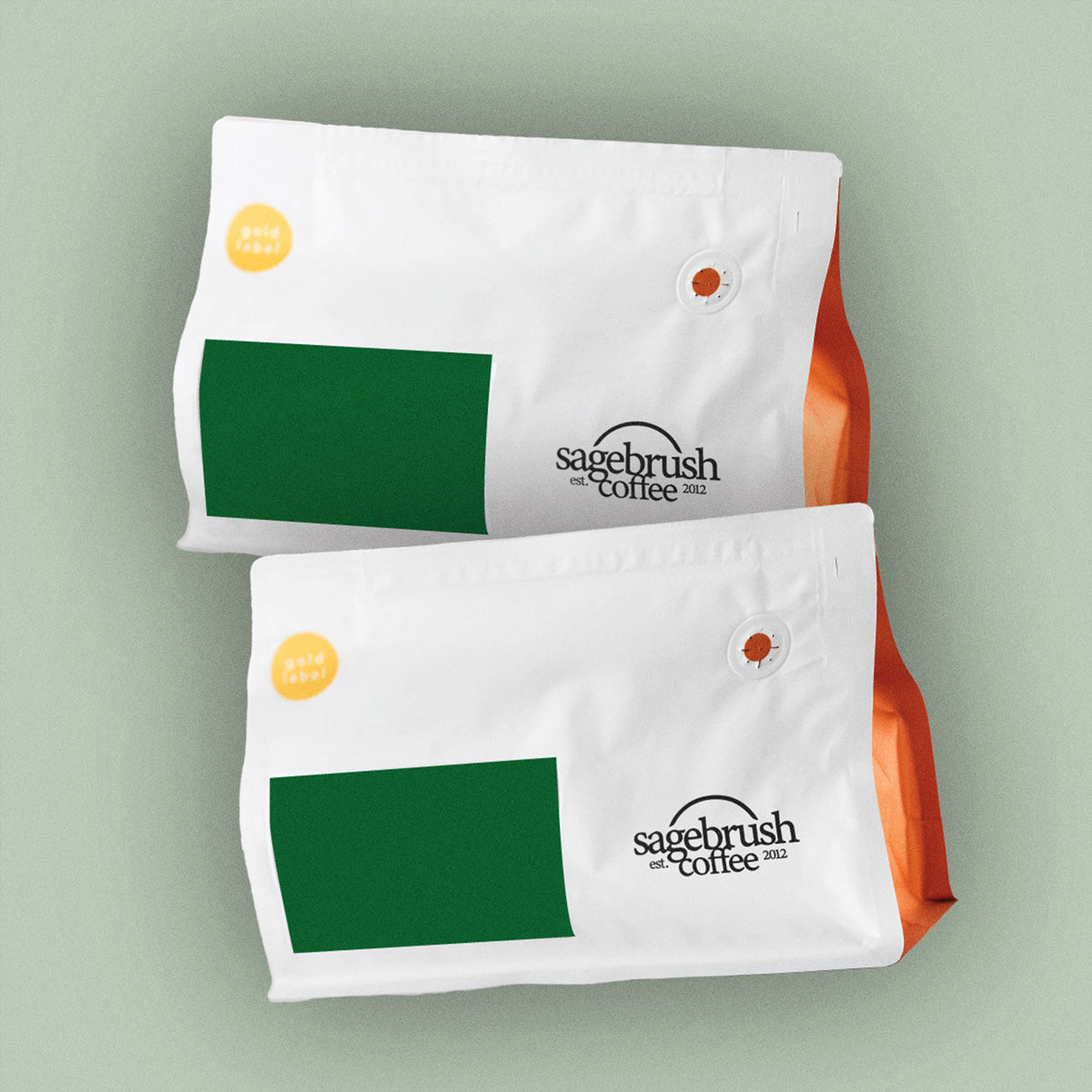There is some debate within the coffee community about the origin of coffee. Ethiopia claims to be the originating country of coffee, but so does Yemen. Let's explore both stories and, if possible, find out what region coffee indeed came from.
Yemen Legend: The earliest substantiated origin of coffee is that a Sufi monk was the first to drink and show knowledge of coffee in the middle of the 15th century. Legend has it that they imported the coffee from Ethiopia and used the trees to create a 'wine.' They claimed that this wine provided a spiritual intoxication from their gods. With this legend, there is credible evidence, and it is considered proven. But here's the thing. Why would Ethiopia export a highly valuable coffee tree? Maybe they didn't know what they had.
Ethiopian Legend: Ethiopia is the much more popular assumptive originator of coffee, but as you read, keep in mind that this story is unsubstantiated. The story goes that a goat herder named Kaldi saw goats eating berries from what is now known as a coffee tree and then observed that it made them especially active. He reported this observation, and people started using these 'magic' beans for trade. The legend of this energizing bean grew, and by the 15th century, coffee was moving all over the Arabian Peninsula.
So that leaves the question. Was Kaldi's observation enough to confirm that Ethiopia is the originator of coffee? Or was Yemenis conversion of the berry to a 'wine' the origination of coffee? The debate continues. Here's a conclusion we can all agree on. Coffee is delicious! So let's stop and be thankful for each region's contributions, and let's not argue about its origin. Let's enjoy the deliciousness of coffee from both regions. Each region offers a different experience. Try out both for yourself. Taste and compare what is unique about both regions.
Yemen Coffee Flavor Profile
Wild, pungent, and complex is often used to describe the unique coffee. Because of the inconsistencies in the drying method, there are fruity flavor notes along with a slightly fermented hint. Some other flavor notes often found in Yemen coffee are cinnamon, chocolate, cardamom, and tobacco. A blending of coffee from different regions might explain the wide range of flavors found in coffee from Yemen. Producers blend coffee before exporting to be able to ship in large quantities. Yemen coffee is rare and difficult to source. It has a unique flavor profile and a journey that is just as unique. From its conception, Yemen coffee is cultivated by hands not just looking after their livelihood, but also carrying on centuries of tradition
Ethiopia Coffee Flavor Profile
Ethiopian beans are known for their wine-like quality and a bright mouthfeel. They typically have a light to medium body, higher acidity, and complex flavor notes. Most of the coffees from Ethiopia are naturally processed, which means they are dried with the cherry fruit still attached to the coffee bean. This style of processing gives the coffee fruity or wine-like tones and bright acidity. The final cups are clean, floral, and complex.

















